The Big Australian brand ideas that bombed
THESE ideas were going to make our BBQ Shapes taste better, our VB healthier and even change the way we live. But we weren’t having a bar of it. Here are our top 10 massive fails.
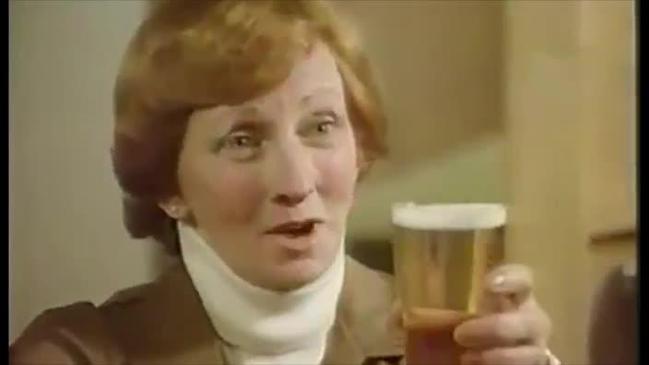
VIC News
Don't miss out on the headlines from VIC News. Followed categories will be added to My News.
THESE ideas were going to make our food taste better, our beer healthier and even change the way we live.
But we weren’t having a bar of it.
HOW AUSTRALIA”S BEST-LOVED FOODS WERE BORN
TAP-AND-GO TECHNOLOGY A TOUCH LATE FOR MELBOURNE’S COMMUTERS
VICTORIA BITTER REIGNS SUPREME ON INTERNATIONAL BEER DAY
Here’s ten times grand ideas bombed big time.
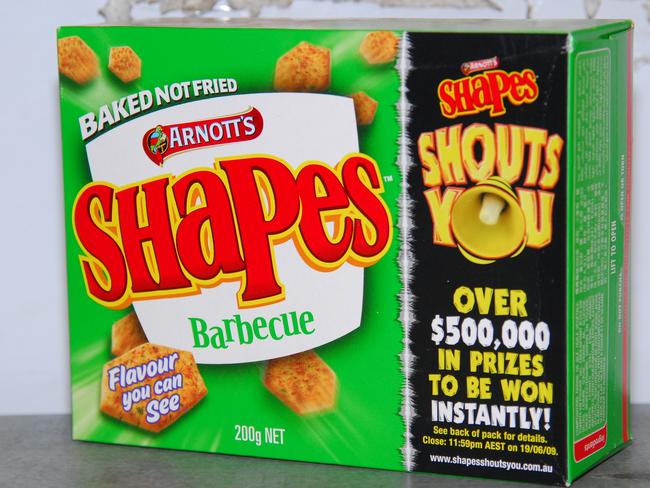
ARNOTT’S SHAPES
The Arnott’s Shapes debacle remains one of the greatest self-inflicted marketing fails in Australian corporate history.
The Australian public simply did not believe the hype when Arnott’s released its “new and improved” flavours in 2016.
The change sparked howls of protest and, amazingly, a black market of unsullied old Shapes flavours appeared on retail websites such as eBay.
Arnott’s has since begun selling “original” Shapes flavours alongside the “new and improved”.
It was far from the first time a company took a popular food or beverage, altered a winning formula and came off second-best.
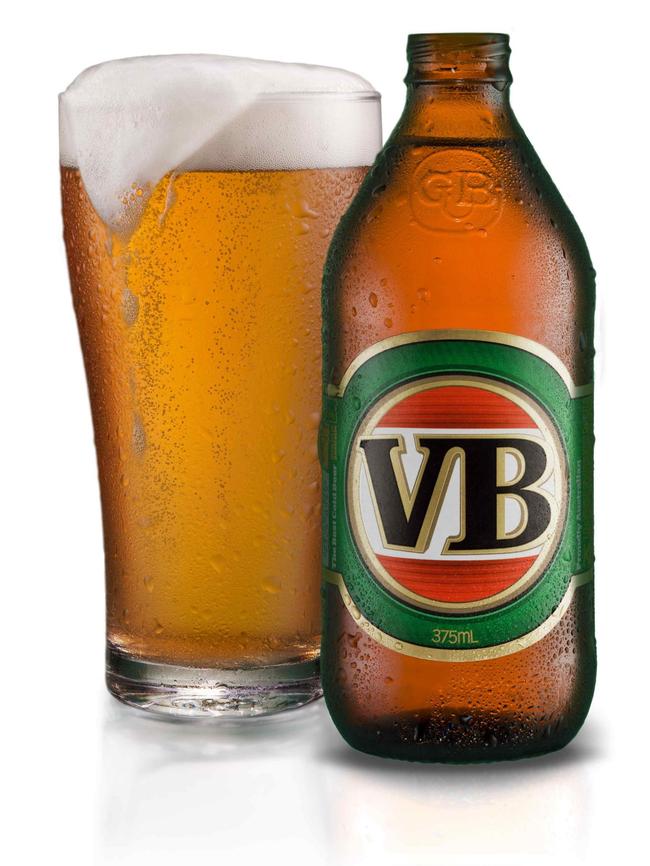
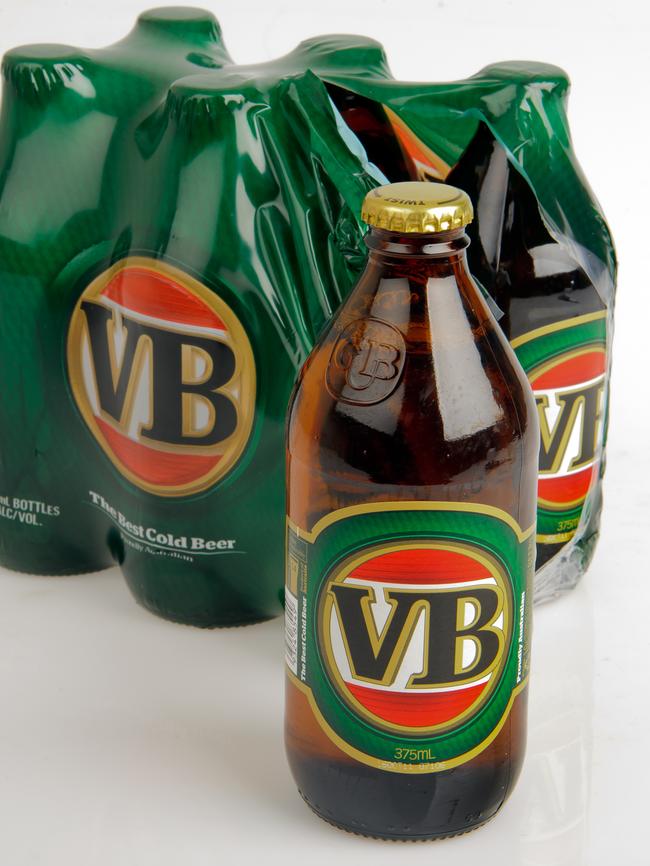
VICTORIA BITTER
You can get it ridin’. You can get it slidin’. You can get it workin’ a plough.
But, as Carlton and United Breweries discovered, you can’t get it if you change the recipe for Victoria Bitter and reduce the alcohol content.
In a bid to save millions in tax and excise, CUB decided to cut the alcohol content of VB from 4.9 to 4.6 per cent — and the punters began to turn away from the green cans, eventually losing its crown as Australia’s best-selling beer to Queensland’s XXXX.
Full-strength Vic Bitter returned with full-page newspaper advertisements apologising for the change in 2012.
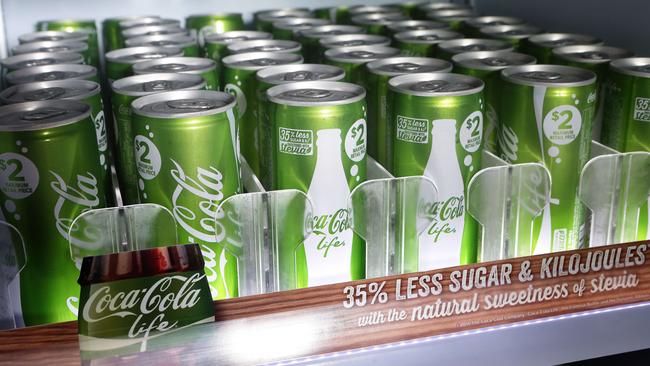
COKE NO SUGAR
This one is a case of change they may eventually prove successful, but right now Coca Cola Amatil and Woolworths find themselves at an impasse over the rollout of Coke No Sugar to its stores.
The global rebranding and formula-tweaking of Coke Zero was presented as a fait accompli to the market, but while retailers including Coles have embraced the new, Woolworths found its warehouses packed to the rafters with the obsolete Coke Zero cans and bottles and, so far, still hasn’t stocked Coke No Sugar.
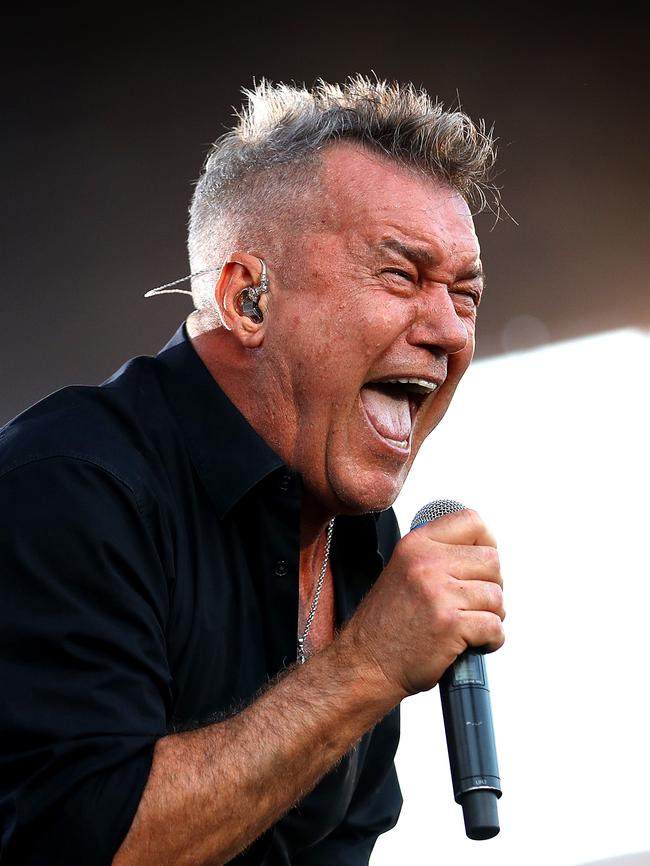
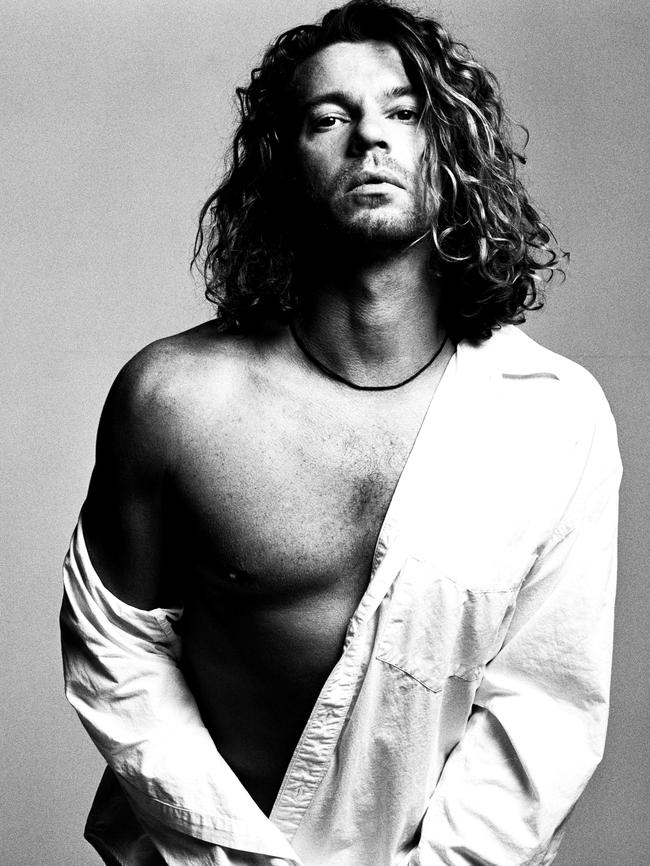
INXS
INXS had change thrust upon it when frontman Michael Hutchence died in a Sydney hotel 20 years ago this week.
But while AC/DC continued on its upward trajectory after lead singer Bon Scott died choking on his own vomit in the back of a mate’s car in a London street in February 1980, INXS struggled as the band tried to soldier on.
The first replacement singer was Cold Chisel frontman Jimmy Barnes, who helped out the band with some touring commitments in 1998 as Chisel prepared for its comeback that year.
Other stand-ins between 1998 and 2000 included Terence Trent D’Arby, former Air Supply singer Russell Hitchcock and ex-Baby Animals star Suze DeMarchi, who each put in short stints for touring or sessions.
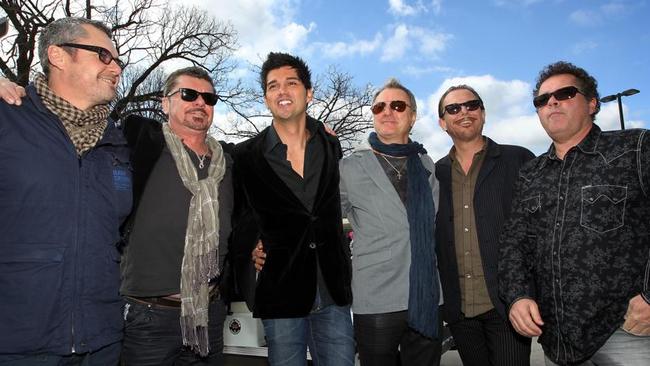
Jon Stevens, formerly of Noiseworks, did three years as Hutchence’s official replacement but finished up in 2003, before the band held the talent contest in which it insisted it wasn’t looking for a soundalike singer for Hutchence.
The winner was soundalike American singer JD Fortune, who stayed with the band until 2011.
Northern Irish singer Ciaran Gribbin replaced him, and performed at the band’s last gig, as support to US rockers Matchbox Twenty in November 12.
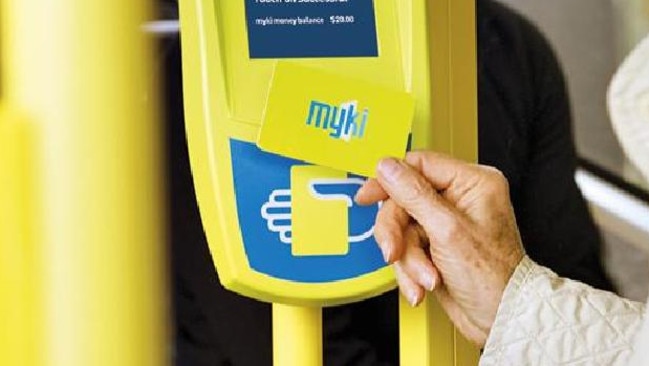
MYKI
It’s been a decade, but commuters are still whining about the implementation of the Myki electronic public transport ticketing system.
Eyeing the chance to build its own system from the ground up, the Bracks Labor government selected a consortium named Kamco to establish electronic ticketing in Victoria by 2007.
The original tender was for $494 million. The final cost was $1.5 billion, and it was finally available on metropolitan services by mid-2010.
The Ted Baillieu-led Coalition, long promised to look at scrapping Myki but squibbed it after it won the November 2010 state election, instead opting a few months later to retain Myki and continue the rollout.
Myki became the only fare option on V/Line services to Geelong, Ballarat and Bendigo and some regional bus services in 2012, but there are no plans to replace paper tickets on trains to places like Swan Hill, Shepparton, Warrnambool or Albury.
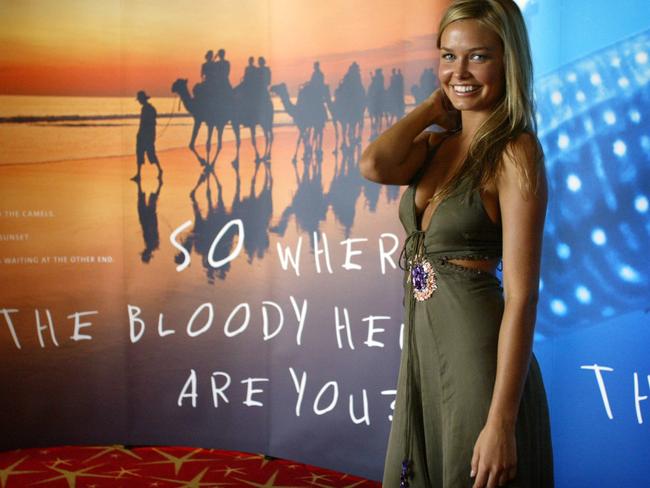
LARA BINGLE’S TOURISM TV AD
Australian tourism got a great run out of Paul Hogan and his line about throwing another shrimp on the barbie but, by 2006, Tourism Australia tried a new direction — and failed spectacularly.
The new advertisements showed Aussies preparing for overseas visitors — partygoers watching fireworks over Sydney Harbour and saying they had turned on the lights, an outback barman declaring he’d already poured travellers a beer, and a boy on a beach suggesting we’d cleared “the pool” of sharks.
The ad finished with model Lara Bingle walking from the water on to the beach to say: “So, where the bloody hell are you?”
The very glossy $180 million campaign bombed and, worse, sparked parodies at home and abroad.
In March 2007, it was banned from screens in Britain for its use of the word “bloody” — a ban that was lifted two months later following a visit to the UK by tourism minister Fran Bailey and Bingle, but the ad could only be aired after 9pm.
Canadian censors banned it for the suggestion travellers could drink unbranded alcohol Down Under.
By the end of 2006, fewer tourists from Japan, Germany and the UK — all key targets of the campaign — had visited Australia compared to 2005.
Bingle, effectively the face of the ads, copped most of the heat.
LEYLAND P76
If circumstances had been different, the Leyland P76 could have changed the face of the Australian automotive industry.
In 1969, Leyland Australia was given the green light by British Leyland to build a big local family car to rival Ford’s Falcon, Holden’s Kingswood and Chrysler’s Valiant.
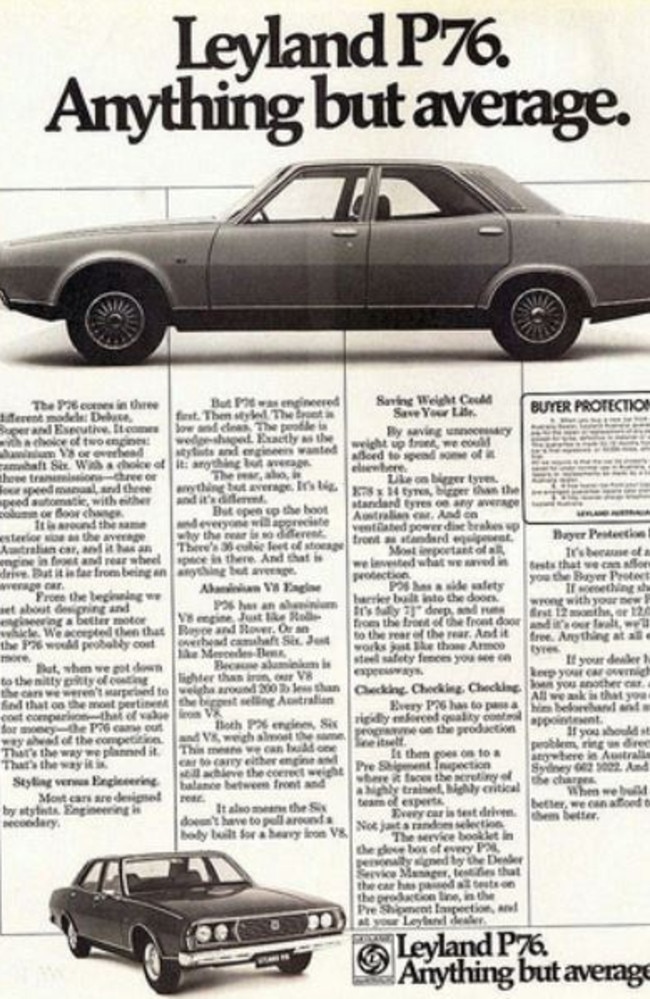
Although the styling wasn’t exactly easy on the eye, it had a boot in which you could lay a 44-gallon (205-litre) drum and a choice of a six-cylinder or an ultralight aluminium 4.4-litre V8 with loads of grunt.
The P76 launched in 1973 and was awarded the coveted Wheels Car of the Year award that year, but poor early build quality, the financial travails of British Leyland and the 1973 fuel crisis cruelled the big Leyland’s chances in the market. It ceased production in 1975, with only 18,000 built.
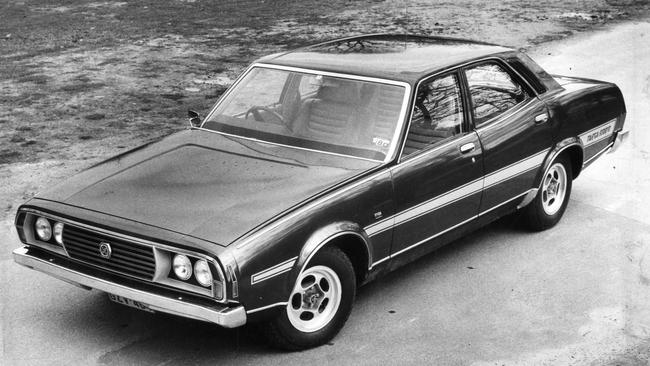
THE GST
TV host Mike Willesee demolished then-opposition leader John Hewson’s Fightback! Plan, which included a proposed Goods and Services Tax, with an interview about how and when GST could be charged on a birthday cake.
It delivered an election victory win that PM Paul Keating described comically, given the cake fallout, as “the sweetest victory of all”.
A wary John Howard promised his government wouldn’t introduce a GST ahead of the 1996 election, in which the Coalition romped home.
But during the 1998 election campaign, he announced his government would implement a GST if it won. Although it lost a bagful of seats, Howard’s team got home and the GST became a reality in 2000.
It was promised the GST would wipe out a raft of state taxes and charges, and that the cash economy, but here at the end of 2017, we’re still waiting.
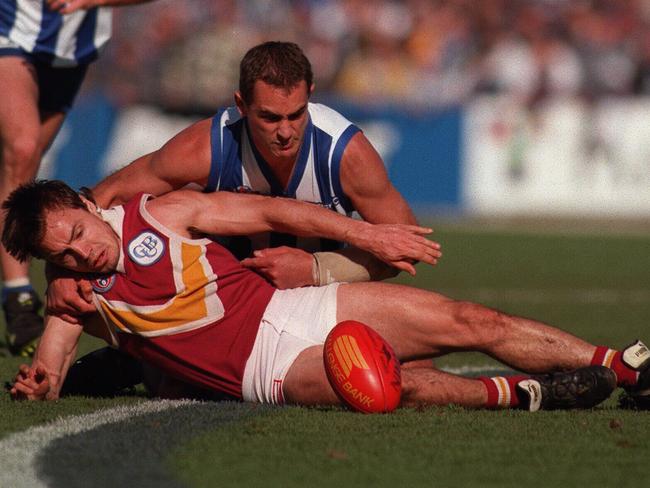
THE BRISBANE BEARS
Buoyed by the winning ways of the transplanted Sydney Swans in the mid-‘80s, the then-VFL moved to establish two more interstate teams — the West Coast Eagles and the Brisbane Bears.
The Eagles soared but the Bears struggled from the opening bounce in 1987. With droves of expat Victorians in the Sunshine State, it seemed like a great idea.
The first problem (let’s ignore that the team’s symbol, a koala, is not a bear, shall we?) was with its location.
With the Gabba unavailable at the time and other Brisbane grounds shaped as a rectangle for rugby codes, the Brisbane Bears were forced to play at the Carrara Oval on the Gold Coast, 70 kilometres from Brisbane, until 1993.
To bolster the team, which had few local players to draw from, the other VFL clubs were asked to donate two players to the Bears, encouraging them to dump poor performers on the Bears.
The private consortium that owned the Bears, led by actor Paul Cronin and funded by tycoon Christopher Skase, was soon in financial trouble and was bought out by businessman Reuben Pelerman, but his venture foundered too.
After many lean years, the Bears made the finals in 1995 and 1996 but, with only 10,000 members in ’96 and still struggling off-field, the AFL took charge in 1996 and ordered the Bears into a shotgun marriage with Fitzroy.
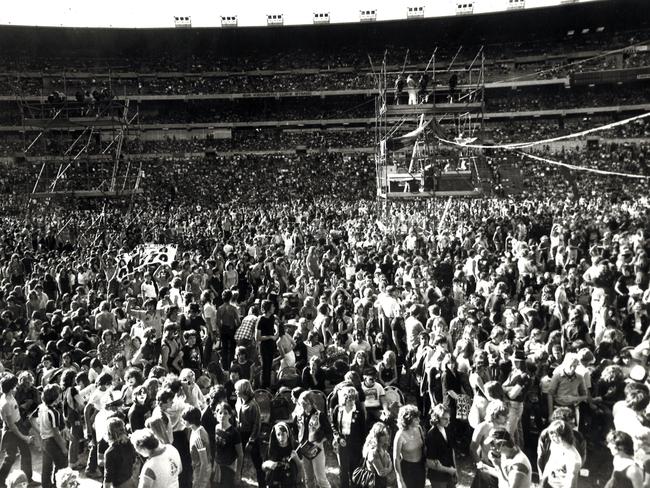
VFL PARK
It was a largely roofless stadium in Melbourne’s notoriously rainy sand belt.
It didn’t have a train station and the car park was a boggy nightmare.
It was aptly described by footy caller Rex Hunt as Arctic Park in midwinter.
The VFL’s great embrace of Melbourne’s demographic centre out east was with us for only 30 years.


